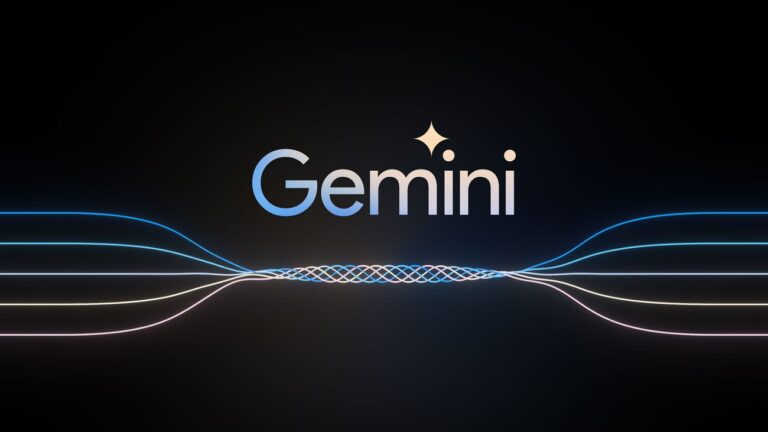Meta will need to stop making hardware.
- Meta has decided to open its VR software to 3rd party manufacturers in a sign that Meta is already thinking about the ecosystem of the Metaverse, but it does mean that Meta will have to stop making hardware.
- Meta Platforms will make the operating system of its headsets available to 3rd parties and Microsoft and Lenovo will be early entrants to the program.
- As always with these things, the devil is in the details.
- For example, many 3rd party developers of virtual environments and systems for enterprise use cases prefer to use the Pico because it has been more open and easier to work with than the Quest which historically has not been easy to work with.
- Pico is owned by ByteDance, and it looks like the Pico 4 will not be updated in a sign that ByteDance is slowing its investments into the Metaverse.
- This leaves a space for Meta Platforms to move into and if it is going to open the platform as much as it implies, then I would expect developers to move quickly to adopt it.
- However, opening the platform up completely leads to the problem of fragmentation where adopters customise it so much that an app for one version of the software no longer works with another one.
- This was the issue that plagued Android for the first 10 years of its life but has now mostly been solved such that it no longer impacts the digital experience of the devices.
- Meta Platforms will need to strike a balance between being as open as possible to maximise innovation but at the same time ensure that every app will work without modification on headsets from all licensees.
- Google eventually managed to get this right with Android handsets which has been made considerably easier with the concentration that has happened in the market and there is no reason why Meta cannot do the same.
- The fact that Microsoft has signed up is a sign that its own ambitions in the Metaverse (Hololens) have been cancelled and is a further indication of the increasing partnership between the two companies.
- Meta Platforms and Microsoft are a good fit because they don’t really step on one another’s toes meaning that Microsoft can use Meta for its enterprise ambitions and vice versa.
- However, there is a problem which is that Meta is currently the market leader in Metaverse device volumes and adopting its platform also means competing against it.
- Google does not have this problem as it started making hardware fairly late into the development of the smartphone and has proved fairly inept at making smartphones meaning that it never really challenged anyone.
- Meta’s situation looks more like Nokia’s position in Symbian in the days of the smartphone that predated the iPhone.
- Here, Nokia’s dominant position in smartphones as well as its effective control over Symbian meant that none of the other handset makers felt that they were being treated fairly.
- In fact, there was plenty of evidence to suggest that they were not and that Symbian’s roadmap was tilted in favour of Nokia’s development priorities.
- Meta cannot afford for this to happen in The Metaverse and so its long-term ambitions are likely to be best served if once the others are up and running it pulls back from making hardware.
- This will leave it with the platform and, like Google, the opportunity to create the ecosystem of The Metaverse on top of it which is where all of the money will eventually be made just as it is in smartphones.
- Normally, ceasing hardware is difficult for a company due to the impact that it has on revenues and the valuation of the company, but Meta does not have this problem.
- Hardware revenues are a rounding error and they also have a large deleterious impact on profits as Meta has been subsidising volumes.
- Hence, ceasing hardware should not be that difficult for Meta and so I think it is likely to move in this direction if it gets traction from 3rd parties.
- The net result is that the largest installed base will be more open for 3rd parties to address which gives Meta’s platform a shot at becoming the go-to place for the Metaverse.
- Apple offers a much better experience but at $4,000 after taxes and extras, (8x Quest 3) volumes are going to remain low and Apple will never open up as Meta has done.
- For the Metaverse to be successful, I have long argued that it needs to be one place where all users can live their digital lives rather than a series of incompatible silos.
- Meta is taking a step in this direction, but it will be a very long time before we know whether this will bear fruit.
- At the moment the trajectory remains towards the siloed approach which bodes ill for the Metaverse but this move by Meta is a small step in the right direction.










Leave a Comment